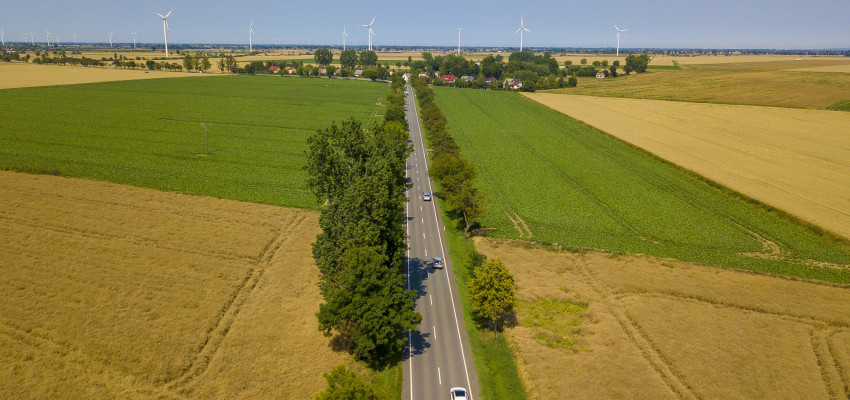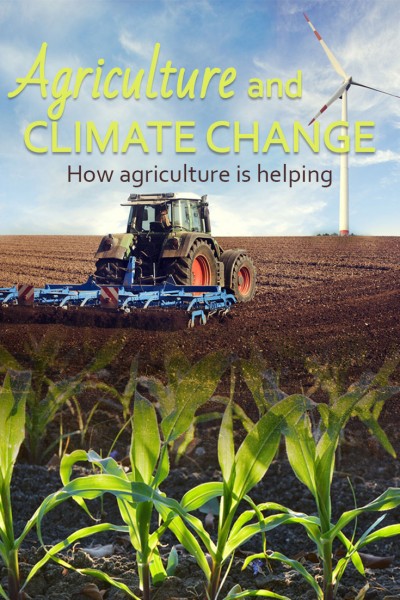By Hannah Becker on August 15, 2017
Agriculture and climate change

Pick up any newspaper, tune into any radio station, click on any of the latest headlines and you’ll notice everyone’s talking climate change.
In politics, religion, education, science and even industry, what we’re doing and how we’re contributing to environmental change has become quite the hot topic. Current science supports the fact that all of us – farmers and non-farmers – have the potential to contribute to accelerated climate change if we’re not conscious of the effects of our emissions.
While climate change may be dominating recent headlines, it’s not new to the world of agriculture – an industry that’s spent decades prioritizing innovative production practices in a way that can reduce the environmental footprint, while providing much-needed food for our growing world population.
Here are three ways agriculture is combating climate change:
Genetically Modified Organisms (GMOs)
Thanks to bioengineered plant characteristics, GMO crops are often more resistant to formerly detrimental things like drought, disease and pests. Producing more food per acre allows farmers to feed more people with less inputs – fewer crop applications and less carbon emissions – yielding larger harvests. This GMO-facilitated ability to feed more people with less resources is essential for the fate of our world.
In only 30 years (approximately 2050) the world's population will reach more than 9 billion people, which is 34 percent higher than it is today. Meanwhile, our farming population remains on a steady decline, thus the farmers of tomorrow will need to feed more people than ever before. It’s essential that we’re able to meet the food needs of our growing population without overwhelming our planet.
How will we be able to do this? GMOs.
Technological Advances
Today’s farming equipment offers many environmentally conscious features that help farmers conserve resources. Technological advances like GPS auto steer allows for greater precision and less waste on everything from planting to harvest. Such equipment efficiency translates into less tractor “passes” (i.e. fewer number of times a tractor is required to go over the field), which means fewer resources and emissions involved in producing our food.
Thanks to some pretty high-tech field gear, farmers are also able to utilize software that helps optimize livestock production while minimizing waste. What does this look like? Ultrasounds to measure growth development, computer algorithms that customize animal nutrition and even artificial insemination and embryo transfer that allow farmers to propagate only the highest quality of animal genetics.
Renewable Energy
Agriculture’s been on the forefront of alternative energy research with modern farmers harnessing natural resources like energy crops, hydropower, solar and wind energy on their farms for decades.
There’s a variety of renewable energy options on today’s farms including fueling equipment from canola or sunflower oil, heating a pig barn with geothermal or solar energy and installing a wind turbine to power a water well for livestock grazing in remote areas (western Kansas, anyone?). By using renewable energy within agriculture operations, farmers can decrease their operating costs while minimizing their farm’s footprint – it’s a win-win!
Conclusion
The ability to farm is dependent upon having a healthy environment in which to grow our food as extreme weather and changing conditions can have disastrous effects on both crop and livestock production. Few modern industries are as conscious of or as dependent upon the earth’s climate as agriculture, and the continued efforts to ensure positive environmental outcomes attest to the industry’s long-term commitment.
Federal agencies, like the United States Department of Agriculture (USDA), provide a variety of programs and grants in efforts to partner with farmers to help update production practices in ways that are more environmentally friendly by using alternative or innovative resources.



